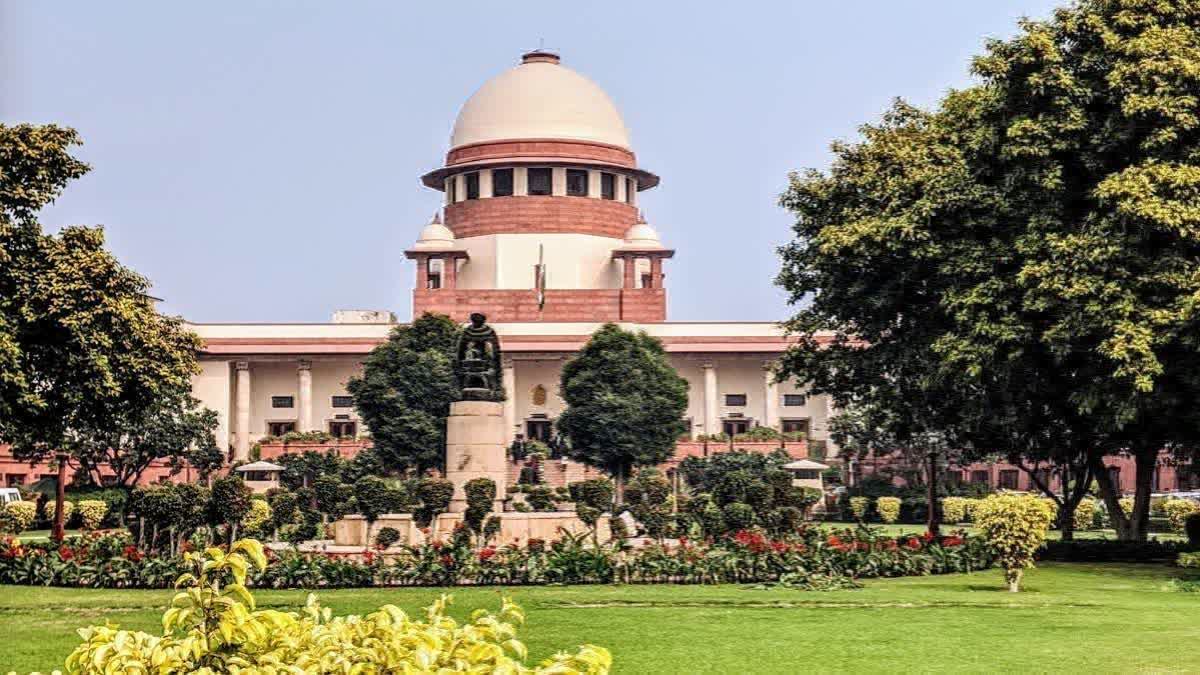New Delhi: The Supreme Court said a person cannot be summoned as an accused in a criminal case after the court had pronounced the sentence for other accusations and acquitted some others.
A bench of Justices B R Gavai and K Vishwanathan delivered the judgment on an appeal by one Devendra Kumar Pal.
In the present matter, the trial court had conducted the trial in connection with the offence punishable under Section 302 of the IPC. After the completion of the trial, the judge convicted some of the accused and acquitted others. The trial judge was also of the opinion that the present appellant was also required to be tried.
On March 21, 2012, the trial judge recorded the order of conviction to the accused found to be guilty and ordered the acquittal of the remaining accused.
In the second half, the judge recorded the order of sentence insofar as the accused were convicted. Thereafter, the trial Judge passed an order summoning Pal for trial by invoking powers under Section 319 of the Code of Criminal Procedure(CrPC), 1973.
Pal moved the apex court challenging the order passed by the single judge of the High Court of Judicature at Allahabad, vide which the petition filed by him challenging the order passed by the additional sessions judge on March 21, 2012, was dismissed.
The apex court allowed Pal’s appeal and set aside the High Court judgment and also quashed the order summoning him under Section 319 of CrPC.
During the hearing, Pal’s counsel argued that in Sukhpal Singh Khaira vs. State of Punjab (2023), the matter was referred to the constitution bench for deciding the question as to “whether the trial court had power under Section 319 of CrPC for summoning an additional accused when the trial with respect to other co-accused has ended and the judgment of conviction and sentence was rendered before summoning the additional accused”.
Relying on the same, he submitted that in the present case also, first the order of conviction and sentence was recorded and only then an order under Section 319 of CrPC was passed, which was not sustainable.
The state government counsel argued that in the present case, the orders of sentence and under Section 319 of CrPC are passed by the trial judge in the same breath and, therefore, no error could be found with the same.
“The Constitution Bench has clearly held that if such a summoning order is passed, either after the order of acquittal or imposing of sentence in the conviction, the same may not be sustainable”, the apex court had said in a judgment delivered on September 6.
The two-judge bench said it is bound by the law laid down by the constitution bench.
“As a result, the appeal is allowed. The impugned judgment and order dated 25th August 2021 passed by the single judge of the high court, so also the order of summoning passed by the trial judge dated 21st March 2012 in respect of the present appellant under Section 319 of CrPC are quashed and set aside”, the SC said, disposing of the matter.
Read More:



